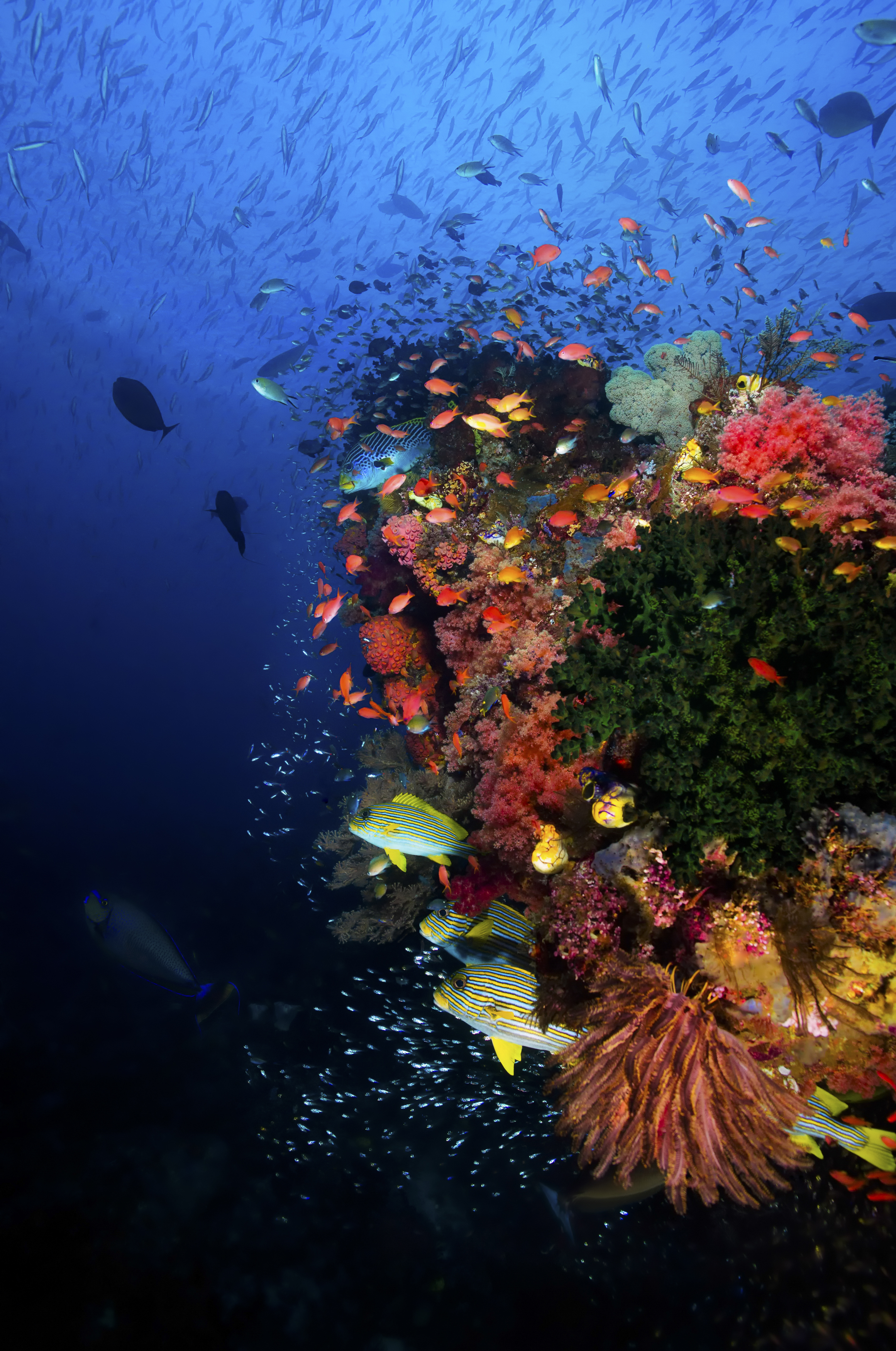Convention for the Conservation of Antarctic Living Marine Resources (CCAMLR)
The Convention for the Conservation of Antarctic Living Marine Resources (CCAMLR) is a Convention within the framework of the Antarctic Treaty System (ATS) to which the United Kingdom is a founding member and signatory. The Antarctic Treaty System sets Antarctica aside for peaceful international scientific investigation and cooperation without recognition of territorial claims. The Commission for CCAMLR was established in 1982 in response to growing concerns around harvesting of Antarctic flora and fauna such as seals, whales, fish and krill, and today is responsible for the conservation of Antarctic marine ecosystems as well as sustainable use and harvest of Antarctic living resources. CCAMLR practises an ecosystem-based management approach, meaning that any managing and harvesting of marine resources needs to take into account its effects on the Antarctic ecosystem.
Since 2012, Cefas have been providing the Foreign and Commonwealth Office (FCO) with technical and scientific advice in relation to the Antarctic fisheries managed internationally by the Commission for the Conservation of Antarctic Marine Living Resources (CCAMLR). Cefas also heads the UK's scientific delegation to CCAMLR, with Dr Chris Darby serving as the UK Chief Scientist to CCAMLR. Through the CCAMLR network, our evidence and advice is shared alongside partner organisations to provide a fuller understanding of Antarctic marine biodiversity. Read more about our work in the Antarctic here.
This summer 2018, Cefas is delighted to host part of the CCAMLR Working Group meetings, in partnership with the British Antarctic Survey and with support from the Collaborative Centre for Sustainable Use of the Seas (CCSUS). Throughout June, experts on stock assessments, statistics and modelling will meet in Norwich at the University of East Anglia and discuss new developments in assessment methods, evaluate surveys and data, and consider stock hypotheses for Antarctic fish species such as the Antarctic toothfish. We are looking forward to a productive few weeks with our colleagues from around the world!
